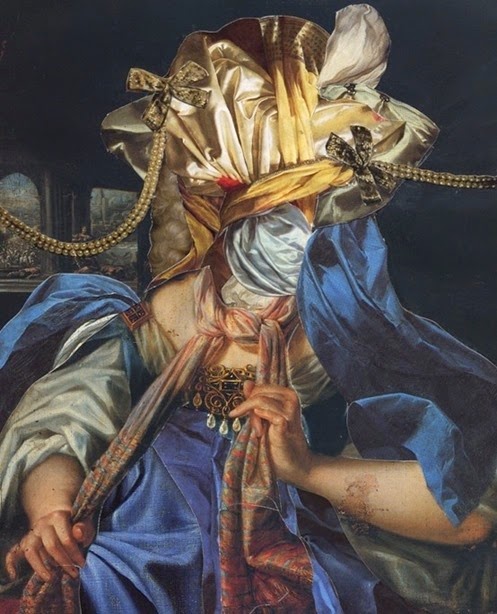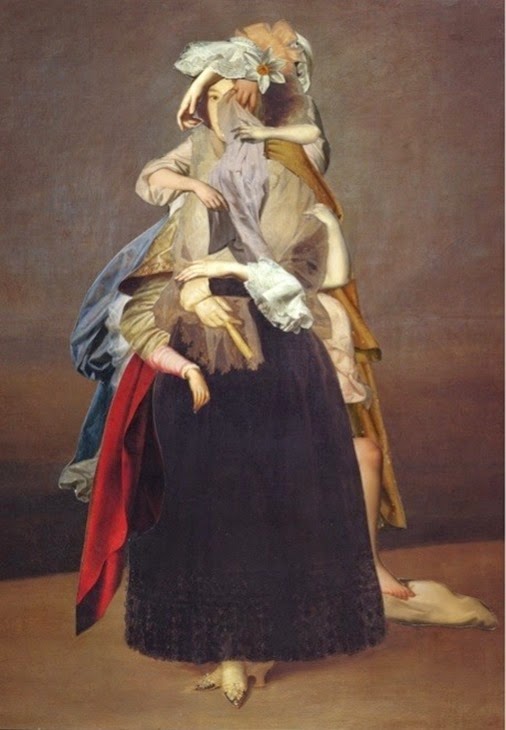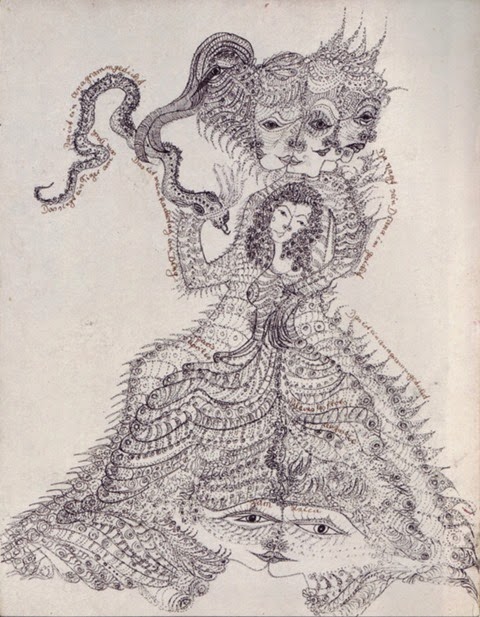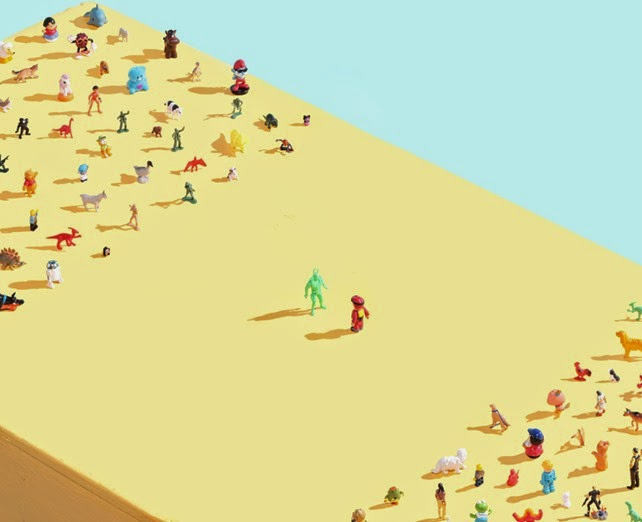unica zurn
i learned that in the real world there are good and bad days, and there’s nothing you can do about it (save distract yourself when it comes to the bad). the flame that you can create your own reality begins to flicker when you realize you are not always doing things for yourself, but rather, for your boss. it begins to dim when you leave on time only to be surprised by the fact that the highway is practically a parking lot today, and nothing in your power can grow your car a pair of wings to fly over it. when you are striving for something you want, like a well-paying job so you can move out of your mom’s house, it inevitably comes with a load of shit that you don’t want, like having very little time to yourself, or manually changing 5,000 jpeg files into tifs (that probably won’t be looked at anyway), that you just have to accept and power through. the name of the game called life is “putting up with it” or “not taking it personally”, so that one day you can own this “it”. or every other day you can own it. and that, realistically, would be pretty good.

balint zsako

one of the ways i’ve been learning to cope with having a 9-6 office job is by taking my lunch breaks to the playground- specifically the new, 20 acre maggie daley park, which sits within the much larger tourist attraction that is millenium park. ever since writing my playground manifesto, which is published here and also more formally in “canvas: the mcgill art history and communications journal” last winter, my infatuation with the playground-as-interactive-art-installation idea has only become more serious. so when i first saw this radical new park pop up while driving down lake shore drive one day, jaw open, i knew i wanted to be the expert on it, as well as one of its main inhabitants.

as a playground, it is particularly welcoming to adults- there are organic, winding paths; aesthetically pleasing, boat-themed clubhouses; swinging wooden bridges straight from indiana jones; and a wealth of giant metal slides which have “thrill” written all over them. there are oversized, lazy swings that you can recline on and 3-story structures that offer great views of the skyline, the ferris wheel at navy pier, and some of chicago’s many harbors. i was just beginning to get comfortable in one of the park’s hybrid tire swing/swings when a security guard approached me and asked me to get off, because i was older than the age of 12. i, without luck, tried to contest her on that point (“but age is just a number”), and walked away like a kid who opened a happy meal only to find that there was no toy inside.
a couple of days later a co-worker and i were directing a photoshoot of some school of the art institute (SAIC) graduate student artwork in a beautiful loft on michigan avenue, which overlooks millenium park and, of course, my whimsical fortress of lunch break heaven. reminded of the incident, i told her about the experience and my background in playground philosophy, and we discussed why such an atrocious and discriminatory rule exists. she suggested that it was a symptom of our fearful, control-freak society deeming adults around children not their own to be sexual predators. our twisted group mind excludes the idea that adults on swings or taking a joy ride down a slide could be wholesome individuals perhaps tapping into childhood memories, gaining inspiration from such innocent play or rearing the courage to have children of their own. rather than encouraging adults to gain something from using their imagination and escaping the more structured activities of office life, we are condemning them for an inescapable part of their identity: their age.
despite the disappointment i felt that day, i still feel, or want to feel, that this park has hope for us more “mature” children out there. if i want to make maggie daley park another one of my many homes in this world, i will have to address it like an Adult would: not by stomping my feet and crying to security, but by constructing a persuasive, ordered argument to the city of chicago. and this i plan to do, and do well, during all of that free time i now have from not being allowed on the swings.








